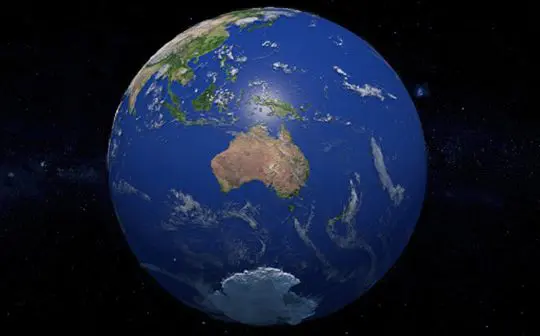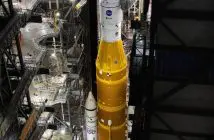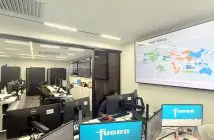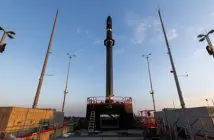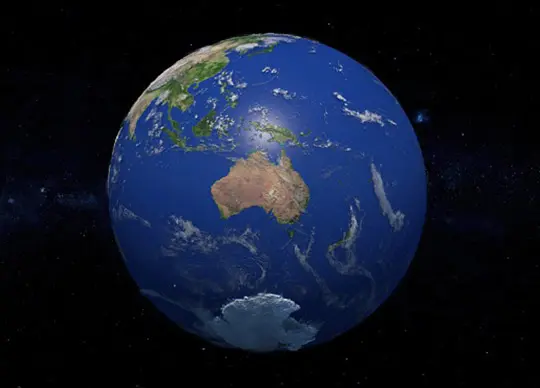
The Board of the Space Industry Association of Australia says it is intensely disappointed at the decision announced to abolish Australia’s first national space mission and to cut $1.2bn from the nation’s program for critical space infrastructure development.
Space infrastructure provides 60% of data measurements critical to assessing climate change, can detect and monitor natural disasters, provides signals and timing fundamental to transport and agriculture, and is critical to providing defence surveillance of the waters around Australia.
As a whole of government program, the National Space Mission for Earth Observation (NSMEO), would have provided sovereign Australian satellites to provide this data precisely when needed by government agencies and departments, including the Bureau of Meteorology, Geoscience Australia, and Defence.
The mission would have showed international partners that Australia is serious about contributing international efforts to measure and mitigate the effects of climate change which severely threaten our immediate region.
Our members, Australia’s Space Industry, need the Albanese government to fast-track space policy development and realise it can leverage the momentum and capability of Australia’s burgeoning space sector.
Australia’s Space Industry can provide a significant contribution to the government’s nation building agenda if given a chance.
Space underpins whole of government efforts on climate, science, defence, STEM, advanced manufacturing, and reversing the national brain drain.
By harnessing the energy, knowledge and passion in the space industry, Australia can increase sovereign manufacturing capability, create high tech jobs, increase technology’s contribution to GDP, lower costs to the Australian taxpayer, and give Australia more control of its destiny in an increasingly complicated geopolitical environment.
Australia is a country that can make things and must be a country that makes things again.
The decision to cut the NSMEO will leave Australia dependant on foreign providers to meet our space infrastructure needs and will discourage key global partners from engaging with Australia and Australian Space Industry.
While we welcome recent Moon to Mars grant awards and look forward to the seeing the Government’s National Reconstruction Fund commence operations in the coming years, it cannot be overlooked that every major economy in the world is investing in sovereign space capability because they can see where the future is headed and how critical space infrastructure underpins security, the economy, and climate measurement and mitigation.
Space is a critical part of the government’s discussions as part of AUKUS and the Quad.
The Australian space industry is working hard and attracting interest, investment, and contracts from export markets.
Every state and territory government understands the importance of space and is investing for the future.
The Department of Communications recently formed a working group to look at communications for regional communities from space.
The Defence Strategic Review called for a “whole-of-government and whole-of-nation approach to guide the development of the space domain”. A recent multi-partisan parliamentary report concluded that sovereign space capabilities will be critical to Australia’s future. But leadership is missing on Australia’s national space priorities and ambitions.
We call on the Prime Minister and Industry Minister to provide leadership on Australia’s national plan for space, and how our country will remain competitive in coming years as more of the world moves into orbit to advance their economy, security, and climate. Australian students need to know whether the government sees a role for them in the global space industry.
The decision comes as the Australian Space Agency marks its fifth anniversary and a year after Prime Minister Albanese and Industry Minister Husic welcomed NASA’s first ever international rocket launch mission conducted in Arnhem land.

